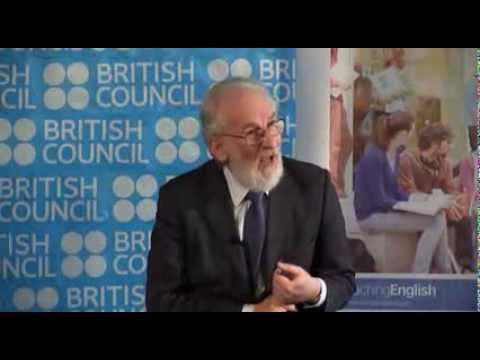„Power always drives language.“ - David Crystal, linguist

§
Urheber: Lindsay Henwood
unsplash
English is the dominant language in a number of important areas today.
The pictures below represent some of these areas. Have a look at them and discuss the questions.
When you are finished, click on the pictures and compare your answers. You will find more information and links to interesting websites by clicking on the arrow (>). Navigate back by clicking on the home button.
§
3.1 Debatable success
There are two or more sides to everything. Nothing is just good or bad, black or white. Similarly, the rise and spread of English has a large number of positive aspects and negative consequences.
Choose at least two of the questions below and discuss. Take notes and present your findings in class.
§
So many questions...
So many questions...
§
- Some people argue that the spread of English to so many spheres of life is „linguistic imperialism“? Do you agree? How can language convey a certain world-view?
- Do you think native English speakers have an advantage? If so, in what areas in particular? Is that fair?
- How should English be taught in schools? Which skills (speaking, listening, writing, reading, translating/mediating or others) are most important for learners today?
- Which dialects and varieties of English do you feel are most important for you to understand in the future?

§
Urheber: Sam Balye
unsplash
3.2 Back to you: Why are you learning English?
Listen to Alyssa, Lesley and Siphelele again and find out more about their motivation for learning English.
§
§
Urheber: Digitale Lernwelten GmbH
§
Urheber: Digitale Lernwelten GmbH
§
Urheber: Digitale Lernwelten GmbH

§
Urheber: Digitale Lernwelten GmbH

§
Urheber: Ian Schneider
unsplash
Why are YOU learning English?
You are currently doing this module not because it was your choice - it is part of your mandatory English class at school. Still, take a minute and think about your very own personal reasons for learning English. Then record your answer.
Why? Because knowing your real motivation for learning the language will help you to overcome difficulties in the process of learning the language.
Just like in the following story:
One day, an old man observed three bricklayers working very hard and fast. He asked the first bricklayer, „What are you doing?“ to which the bricklayer replied: „I’m a bricklayer. I’m working hard laying bricks to feed my family.“ The second bricklayer, responding to the same question, said: „I’m a builder. I’m building a wall.“ But the third bricklayer, when asked the question, replied with a gleam in his eye: „I’m a cathedral builder. I’m building a great cathedral for The Almighty.“
Maybe knowing your motivation, having a big picture in mind („I want to be a flight attendant, travelling the world, being able to communicate with people from many different nations.“) will make learning vocabulary less tiresome, maybe it will make your next exam preparation less of a mental burden. It's all part of the process of achieving your goal.
§
3.3 Optional: Will English always be the global language?
Read an essay published in 2000 by renowned linguistics professor David Crystal on English language change:
§
David Crystal: The future of English as a world language
Download
Was David Crystal right?
Evaluate if David Crystal's predictions of his 2000 article so far have been correct. Write a comment of at least 200 words.
Listen to renowned linguistics professor and language expert David Crystal talk about the future of English as a global language and which type of English he believes will be used as global English in the near future:
§

§
Task
Which English will be global English? Summarise David Crystal's answer in a few sentences.